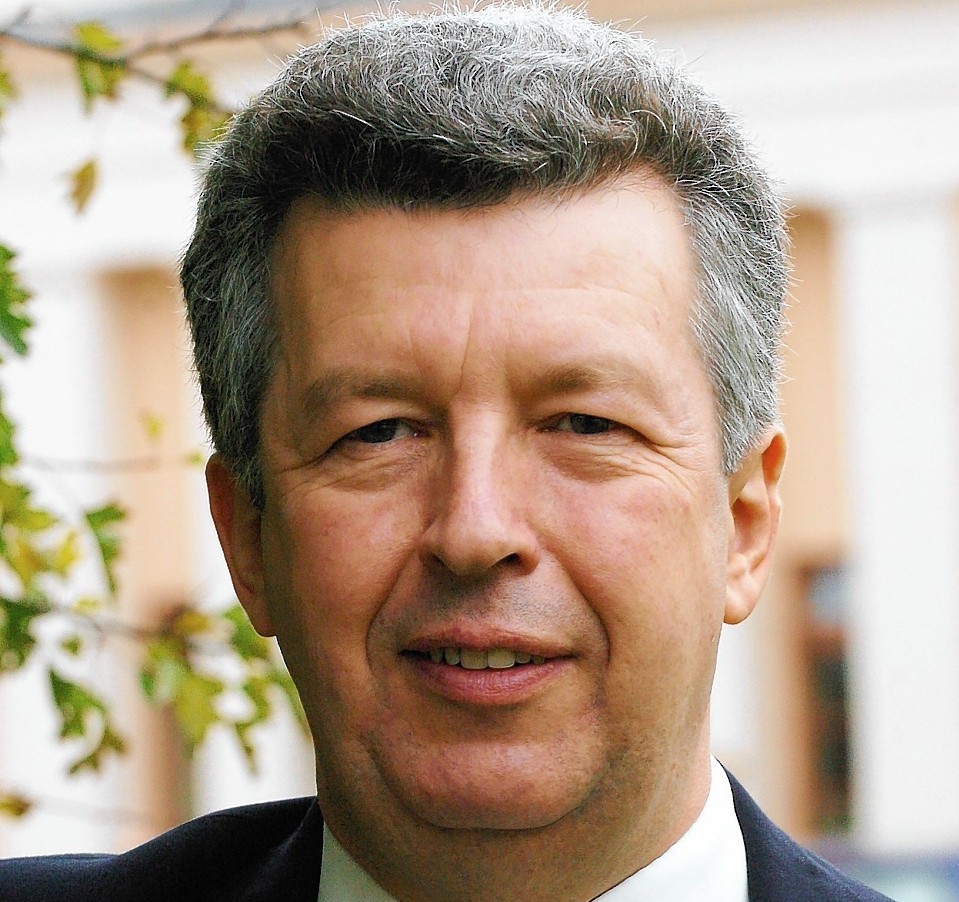A lifesaving initiative, first trialled in the north-east, could be adopted across Scotland.
Prior to the establishment of the single Scottish Fire and Rescue Service in April last year, all eight regional brigades – with the exception of the Highlands and Islands – purchased defibrillators.
The equipment was purchased primarily for use in the event of a firefighter having a cardiac arrest on duty.
Since 2007, though, firefighters at Braemar and Maud stations have been trained in the use of defibrillators, and have responded to medical calls in their areas.
The system is designed to support the Scottish Ambulance Service (SAS), if there are no ambulances available to respond to an emergency.
A report from Her Majesty’s Fire Service Inspectorate in Scotland on Thursday recommended this model be formally adopted across the country.
The report also recommended a review of the service in Braemar and Maud be carried out to better understand the costs and benefits of the schemes.
The report states fire and rescue staff in the two villages believed their communities felt safer in the knowledge that “trained medical assistance is available from their local fire station regardless of the availability of an ambulance”.
Over the course of the last three years, Maud teams have responded to more than 50 calls to medical emergencies each year, which is around half of their total number of calls.
The number of call-outs in Braemar has, on the other hand, been minimal and the scheme has not been used in the same way.
A north-east MSP has welcomed the report’s recommendation but has sought assurances any new scheme would not impact on jobs.
Lewis Macdonald said: “Any measure which has the potential to save lives should be considered carefully.
“The two pilots in Maud and Braemar are certainly areas not locally well-served by the ambulance service.
“Braemar, in particular, has some real problems when it comes to ambulance response in the winter time.
“The idea that these two trial systems should be adopted if they are working is right.
“On the other hand, it’s really important we don’t end up in a position where we have firefighters taking on these roles and there won’t be any paramedics at all in these areas because they do a fantastic job, there’s a fine balance to be struck.”
